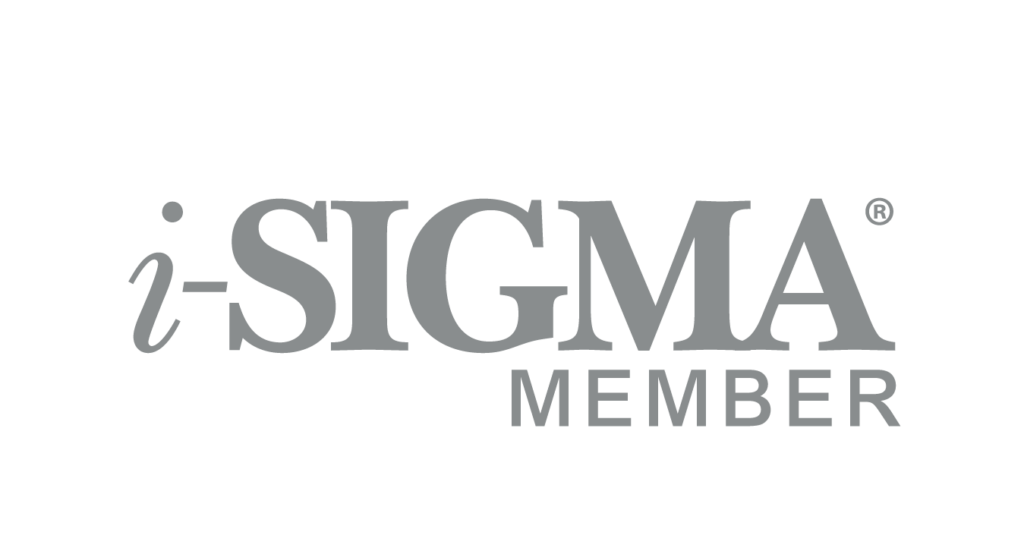In our disposable world, the importance of recycling cannot be overstated. It’s a critical step in reducing waste, conserving resources, and minimizing our environmental footprint. However, there’s a common misconception that recycling, particularly when it comes to sensitive documents or data, equates to secure shredding. Unfortunately, this couldn’t be further from the truth. In this blog, we’ll explain why recycling falls short of a secure method of document destruction and why organizations and individuals must prioritize proper shredding of all documents.
The Fallacy of Recycling
Recycling bins are familiar in offices, homes, and public spaces. They serve as convenient repositories for paper, plastic, glass, and other recyclable materials. However, when it comes to disposing of confidential or sensitive documents, tossing them into the recycling bin isn’t just insufficient – it’s risky.
1. Lack of Control
Once documents are placed in a recycling bin, they enter a decentralized system where control over their fate diminishes significantly. They may pass through multiple hands – from collection to sorting facilities to recycling plants – before being processed. At each stage, the risk of unauthorized access or exposure increases.
2. Target for Identity Thieves
These unscrupulous people know that people make the mistake of putting papers with private information in the recycle bins. When those bins are put to the curb, legally, anyone can look through them.
3. Incomplete Destruction
Recycling processes are primarily designed to break down materials for repurposing, not to ensure the information is secure. Paper documents, for instance, may be shredded to some extent, but not in all cases. This means that documents may still be in a form that allows the information to be stolen.
4. Data Security Concerns
In today’s digital age, the risks extend beyond physical documents. Many organizations store sensitive information electronically, whether it’s financial records, client data, or proprietary research. Simply deleting files or formatting drives doesn’t guarantee their complete eradication. Without proper data destruction measures, such as secure shredding or degaussing for magnetic media, data remnants can persist, leaving organizations vulnerable to data breaches and regulatory non-compliance.
Secure Shredding is Imperative
Given the inadequacies of recycling as a secure disposal method, organizations and individuals must prioritize secure shredding for sensitive documents and data. Secure shredding offers several distinct advantages:
1. Complete Destruction
Unlike recycling, where the primary goal is material reclamation, secure shredding focuses on rendering documents and data irrecoverable. Industrial-grade shredders reduce documents to confetti-like particles, ensuring that even the most determined efforts to reconstruct them are futile. For electronic media, specialized equipment can effectively destroy storage devices beyond recovery.
2. Chain of Custody
Secure shredding services provide a clear chain of custody from collection to destruction. Certified providers adhere to strict protocols to safeguard sensitive information throughout the process, minimizing the risk of unauthorized access or exposure.
3. Compliance Assurance
All industries are subject to regulatory requirements pertaining to privacy, such as healthcare (HIPAA), finance (GLB), or data protection (FACTA); secure shredding is not just a best practice – it’s a legal mandate. By partnering with reputable shredding providers, organizations can demonstrate compliance with applicable regulations, mitigating the risk of penalties or legal repercussions.
Summary
Recycling undoubtedly plays a vital role in promoting environmental sustainability, but it’s essential to recognize its limitations, particularly concerning sensitive documents and data disposal. Recycling bins are not secure shredders. They lack the control, completeness, and assurance professional shredding services offer. Organizations and individuals must prioritize secure shredding as the gold standard for document and data destruction to safeguard sensitive information, protect privacy, and mitigate the risk of data breaches. By doing so, they can uphold their commitment to environmental stewardship and information security in an increasingly interconnected world.
By Jim Dowse CSDS
By
-

Jim Dowse is the CEO of FileShred, a family-owned, local business specializing in document management and secure shredding services. With over 30 years of experience in the industry, Jim is a Certified Secure Destruction Specialist (CSDS)—the highest certification in the document shredding field.
View all posts


